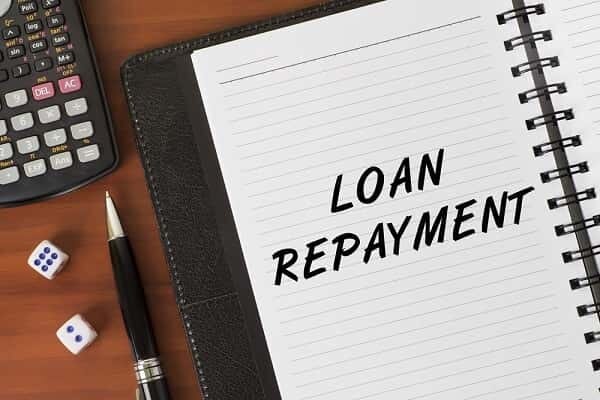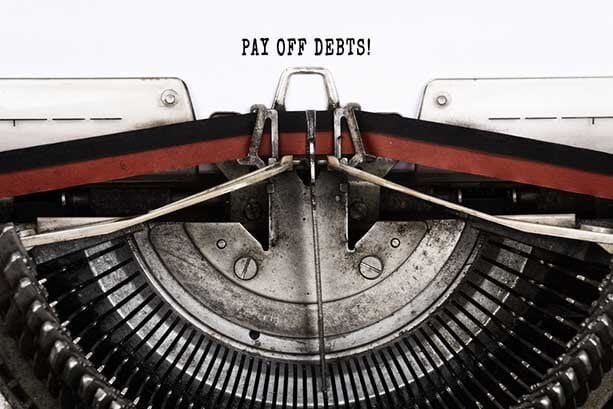Choosing the right financial recovery tool can be quite a headache! What’s the best choice between debt consolidation and creating your own repayment plan? What are the factors to consider when making a decision? Read on and find out.
Debt consolidation
If you have multiple credit card balances or debts it is advisable to take out a new loan to pay them off. You can save money or pay your debt sooner by borrowing money at a low interest rate to pay off high-interest loans or credit cards. Aside from making fewer payments each month, you only have one due date to recall–this lessens the likelihood that you’ll miss payments. But, if you are not careful in choosing a reasonable debt consolidation loan, you may end up deeper in debt because of high interest rates or hefty fees and penalties. So, before you choose a debt consolidation company, make sure that they are interested in educating you on how to use your debts wisely to achieve financial freedom as much as they are interested in lending money to you.

DIY debt repayment plan
Do you have a knack for DIYs? Then, think about getting out of debt without asking for external help. If you’re always late on making payments, or if debt seems too much to handle—it’s time to take the reins. But fixing your debt problems without professional help is a bit challenging for 3 reasons:
- You’re in this mess because you created it.
- You can’t pinch your skin hard enough. When it hurts, you’ll surely let go. The same thing goes to repayment plans. It’s hard to pressure yourself-because you may change the rules when it becomes difficult to follow.
- If your debt is too high and your income is low—you may end up getting a new loan to pay off the high-cost debts. That means you’re paying a loan by a new loan while leaving all other debts unpaid.
Here are some useful tips when choosing between debt consolidation and DIY repayment plan:
Reflect on what you did in the past 3 years
It’s so easy to label our “year” as “tight” or “bad” when debts pile up and income lessens. But there might be goals you’ve met and lessons you learned along the way. Make a blunt and honest assessment not just of the things that went “wrong” but your accomplishments as well–small or big, they don’t matter.
What were you hoping to achieve 3 years ago? Maybe it was a new house or car, a sales goal or a vacation. List down at least 5 things you planned to achieve and whether they were realised or not. If not, write down two reasons why you didn’t achieve them. Next, list 2 things you can do to achieve it next time—this time-debt consolidation and DIY repayment plan. Focusing on those two main strategies can help you come up with a tangible solution for your debt problems.

Check your readiness to change your financial life
Maybe you’re set to make some lifestyle changes today because of escalating interest rates, late fees, and frequent calls from creditors and debt collectors. But, what would happen if you only have one creditor to pay each month? Will you go back to your old borrowing and spending habits? If you make your own debt repayment plan—how determined are you to stick to your goals and resist the urge of adjusting it when they’re getting harder to follow?
Before you can truly determine if you are ready to consolidate your debt or make your own repayment strategy, take a step back and give your most honest answer to these questions first:
- Why do I want to consolidate my debts or follow a DIY debt repayment tactic?
- What will debt consolidation do that my current system of debt repayment cannot? Or, what other things can I do to make my credit status better, that I am not currently doing today? It’s because if you want to make things work, make sure that you get rid of the old strategies that don’t work and replace them with steps that can actually work. If you have many debts and you cannot manage them well because of varying interests and due dates, then why don’t you try debt consolidation? If you have tried hiring professional help in the past but it didn’t work out, maybe it’s time to consider making your own repayment strategy.
Ask Yourself
How much money do you have right now? Can you afford to buy what you need and pay for all your monthly debt repayments? If you’re hard on cash, then it is advisable to get debt consolidation. You will be able to save money on interests and you have a good chance of reducing your monthly repayments. The same thing goes to those who have enough funds but they have a poor debt strategy. Debt consolidation helps you pay on time because there’s only one debt to pay.
Contact Australian Lending Centre today to learn more about the most reasonable debt consolidation program and the debt repayment strategy suited to your condition. Apply today or call us now on 1300 138 188.







